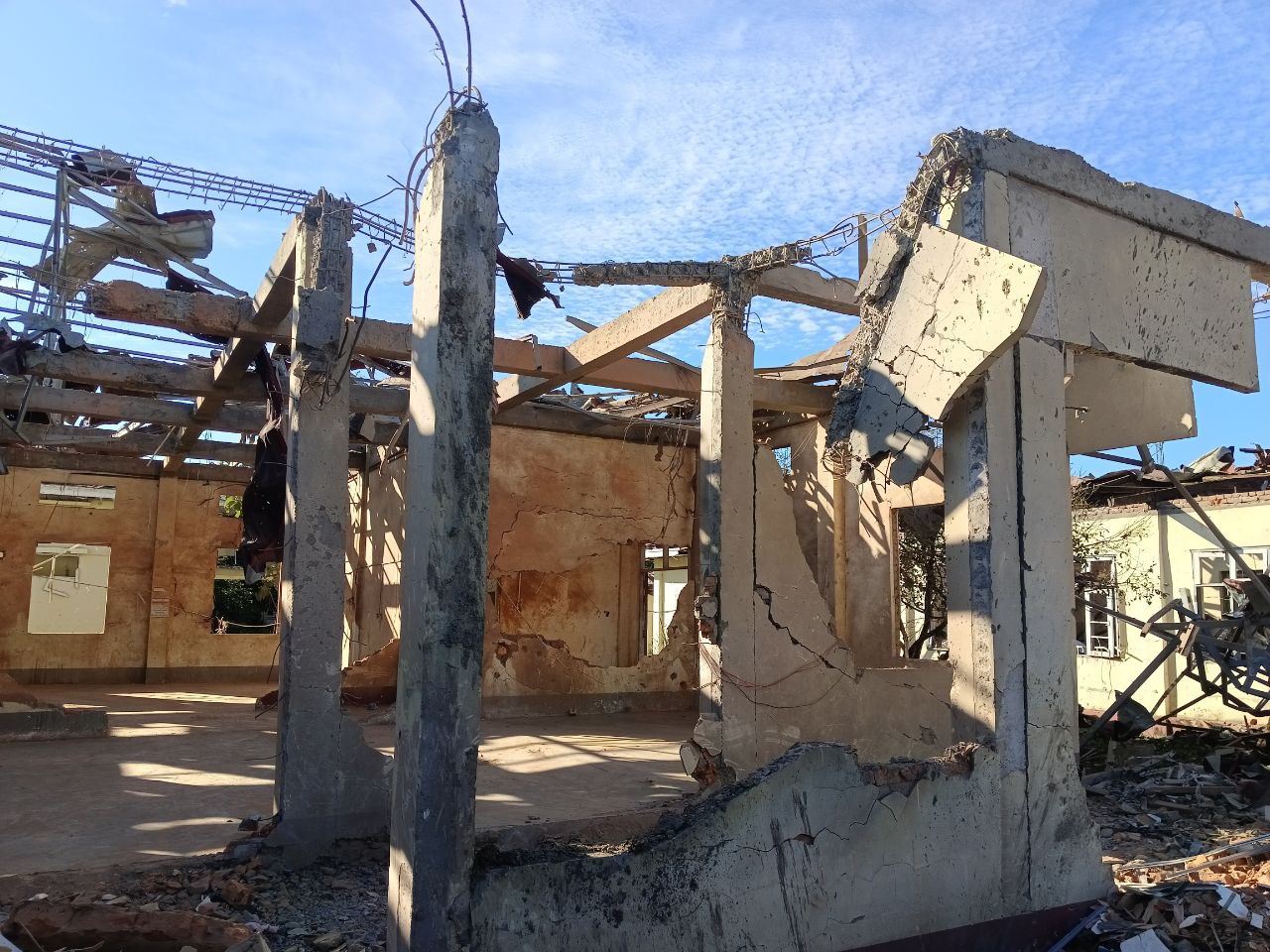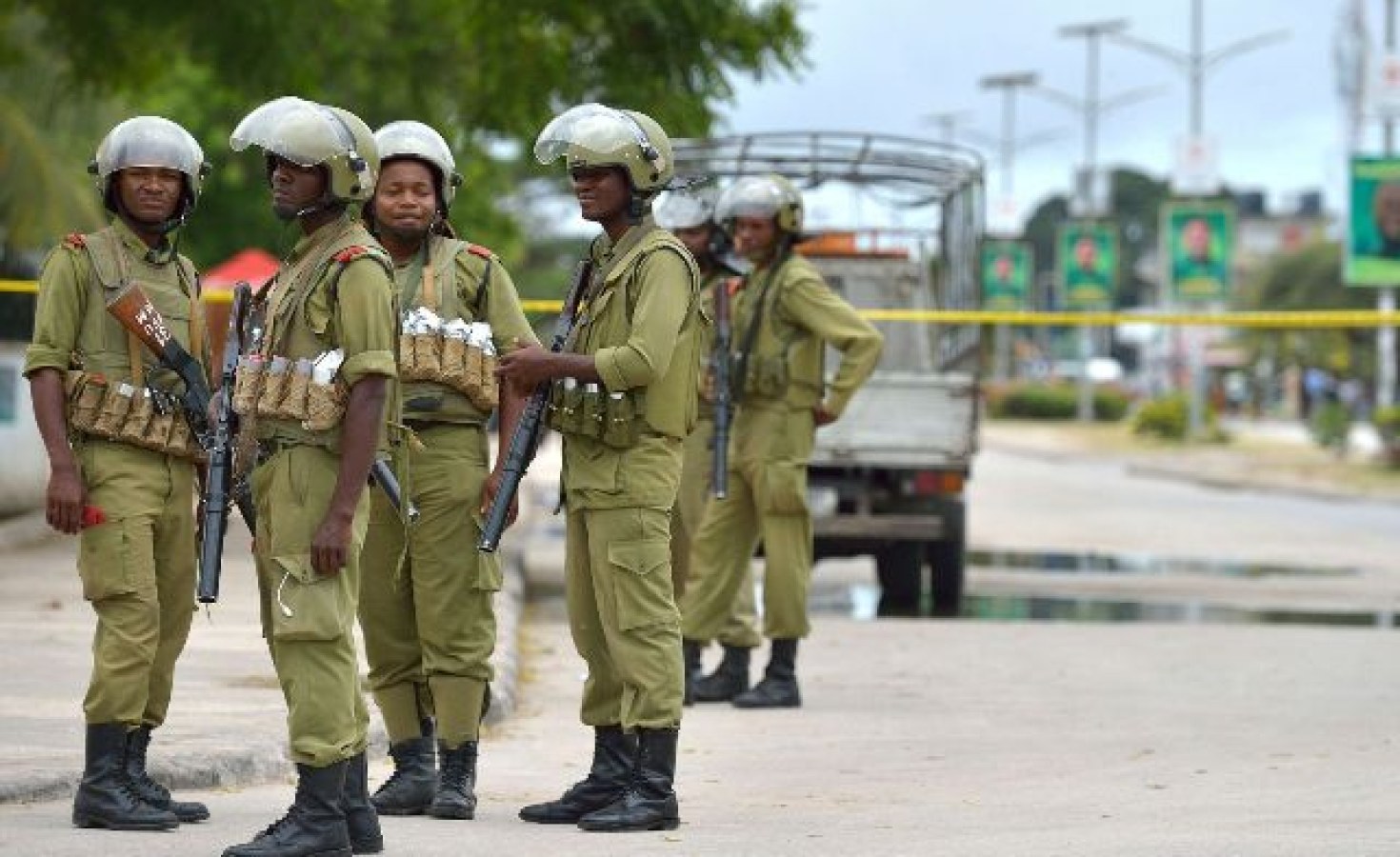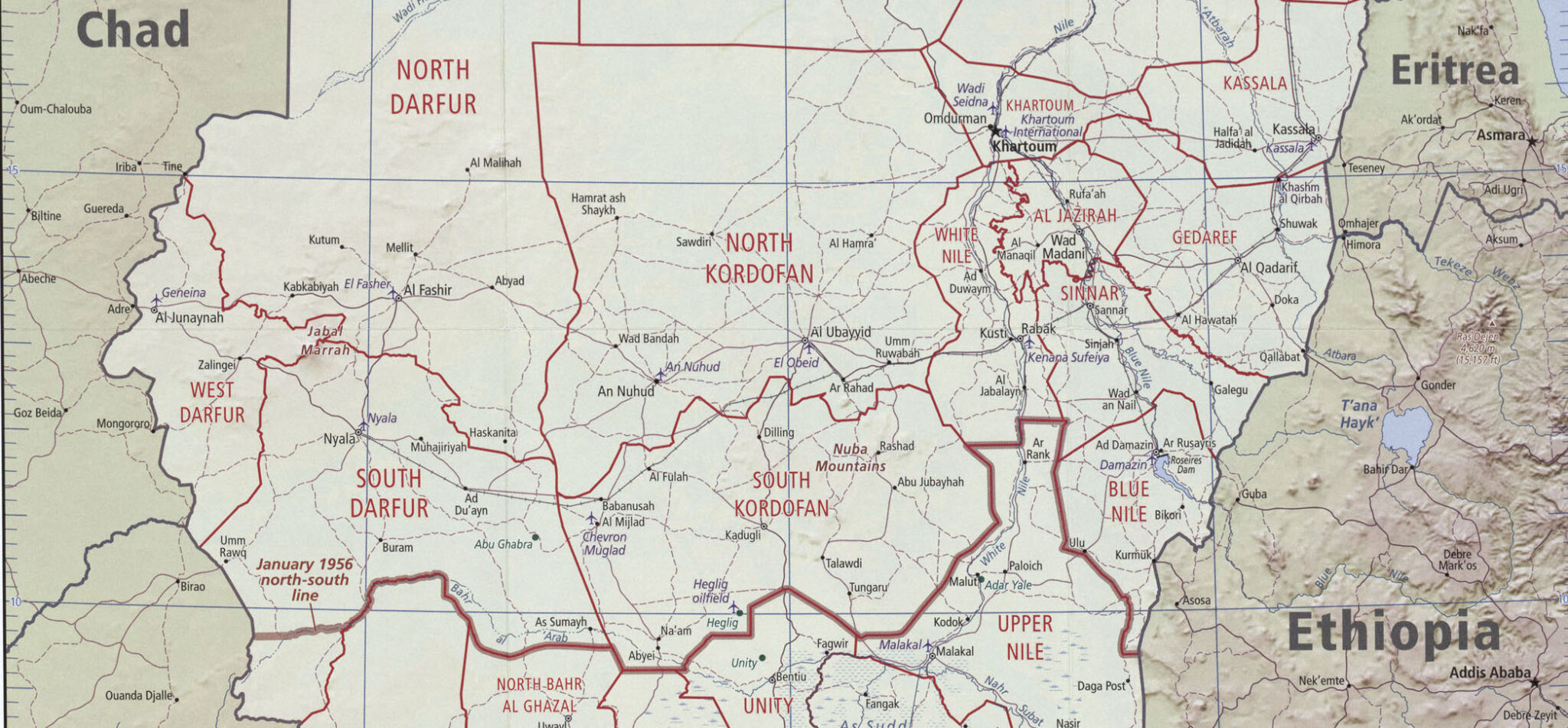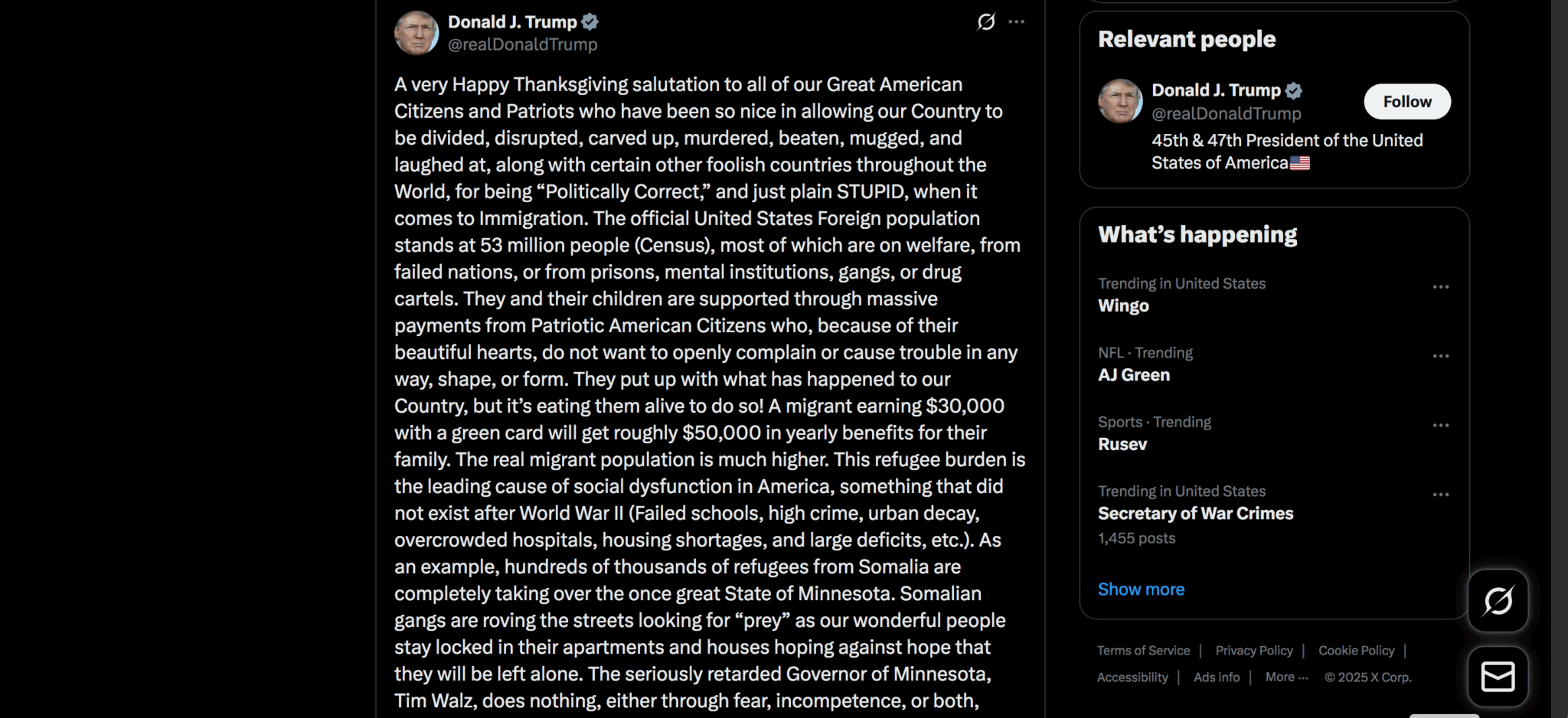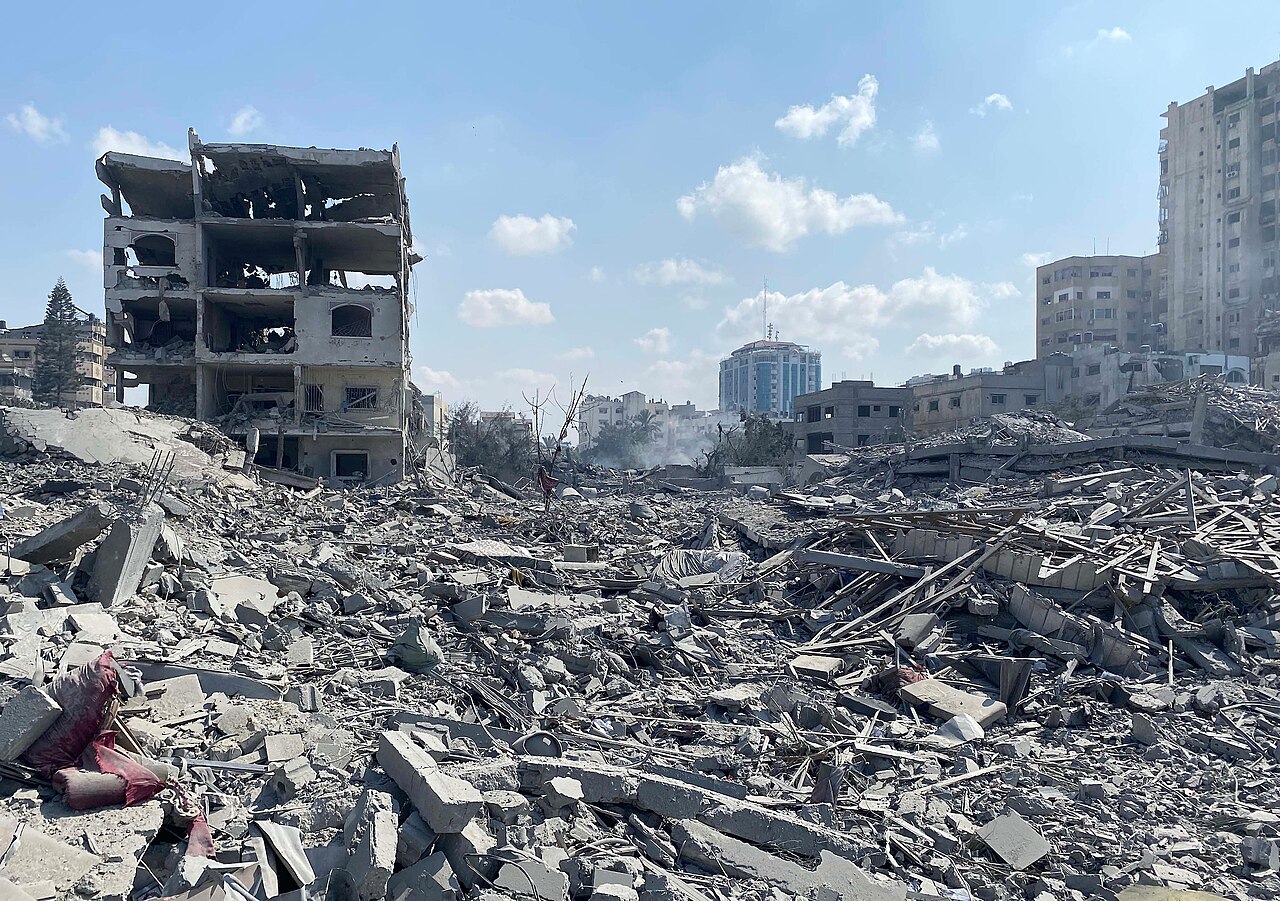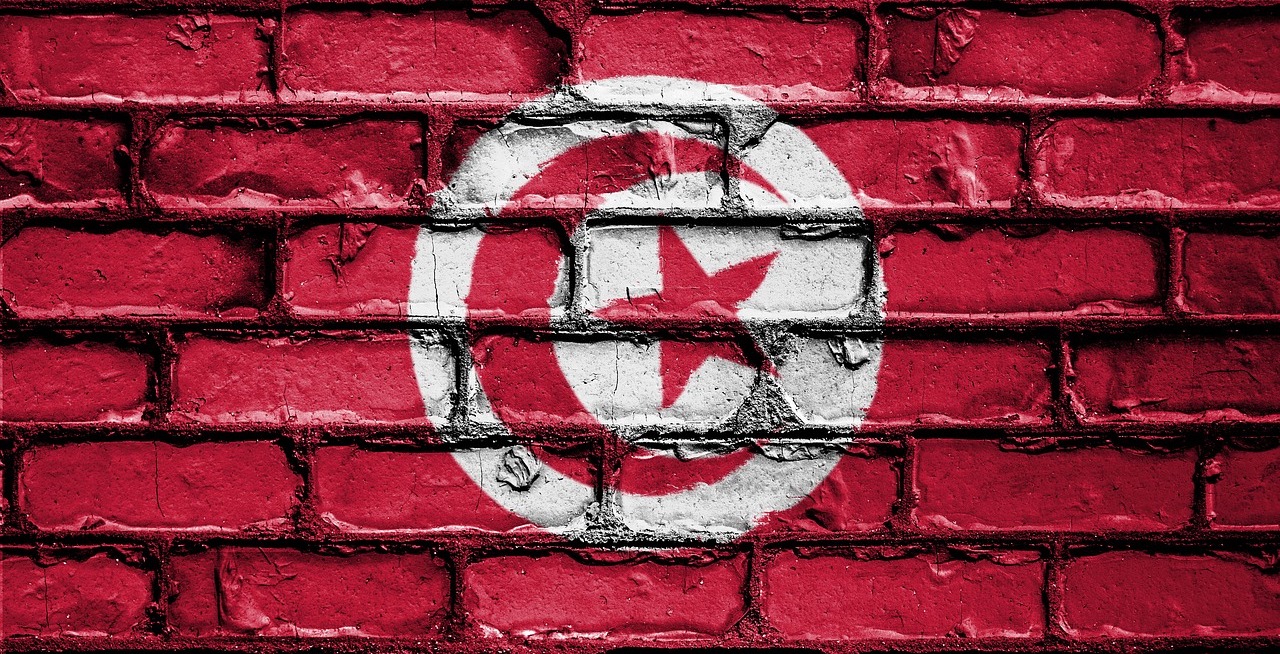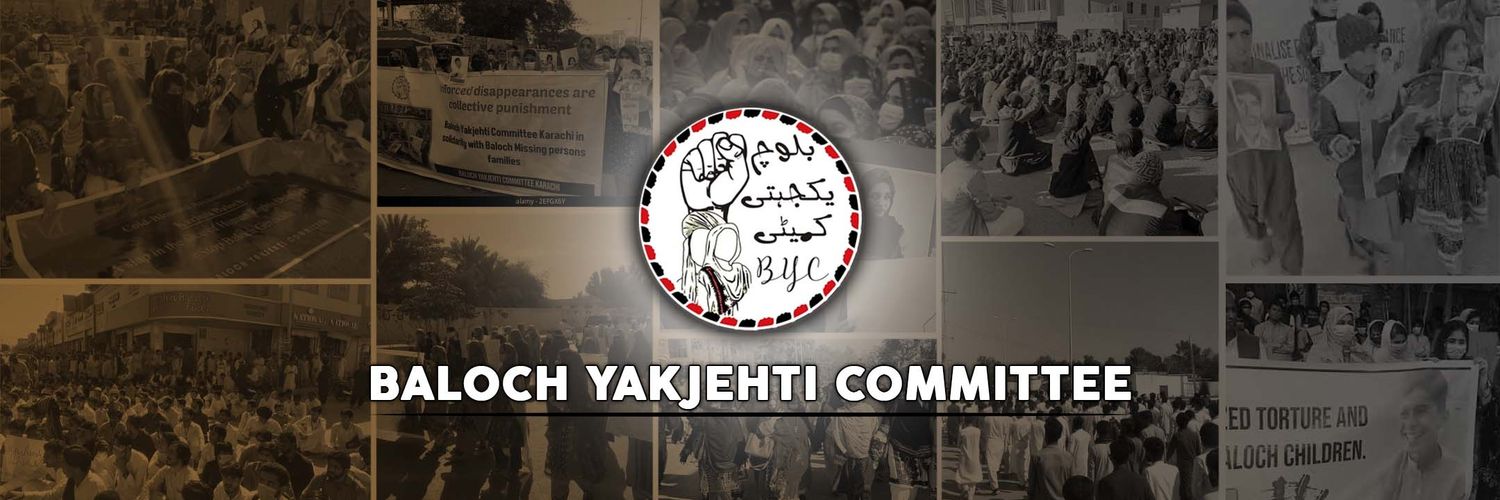
Pakistan’s Baloch students are vanishing
Pakistan’s Balochistan just witnessed one of the province’s deadliest episodes: a wave of attacks and clashes across several cities that left dozens of civilians, fighters and security personnel dead, with official tolls as high as 200. It marked the latest escalation in decades of conflict between separatist groups and the Pakistani state in Balochistan, where the central government has long been accused of exploiting rich resources while marginalizing the local population. But before the recent violence, public attention was focused on the abduction of a young Baloch student, a case that has reignited simmering anger over enforced disappearances. For more than 6,000 days, activists have maintained a protest camp in Quetta, the provincial capital, demanding answers for hundreds of missing Baloch citizens believed to have been abducted and killed by the security forces. “The very existence of the Baloch is perceived as a threat to the state,” said Sabiha Baloch, head of the Baloch Yakjehti Committee (BYC), a local rights organization. “The more educated, conscious, and politically aware the Baloch become, the more threatened the state feels.” (Image: BYC)





